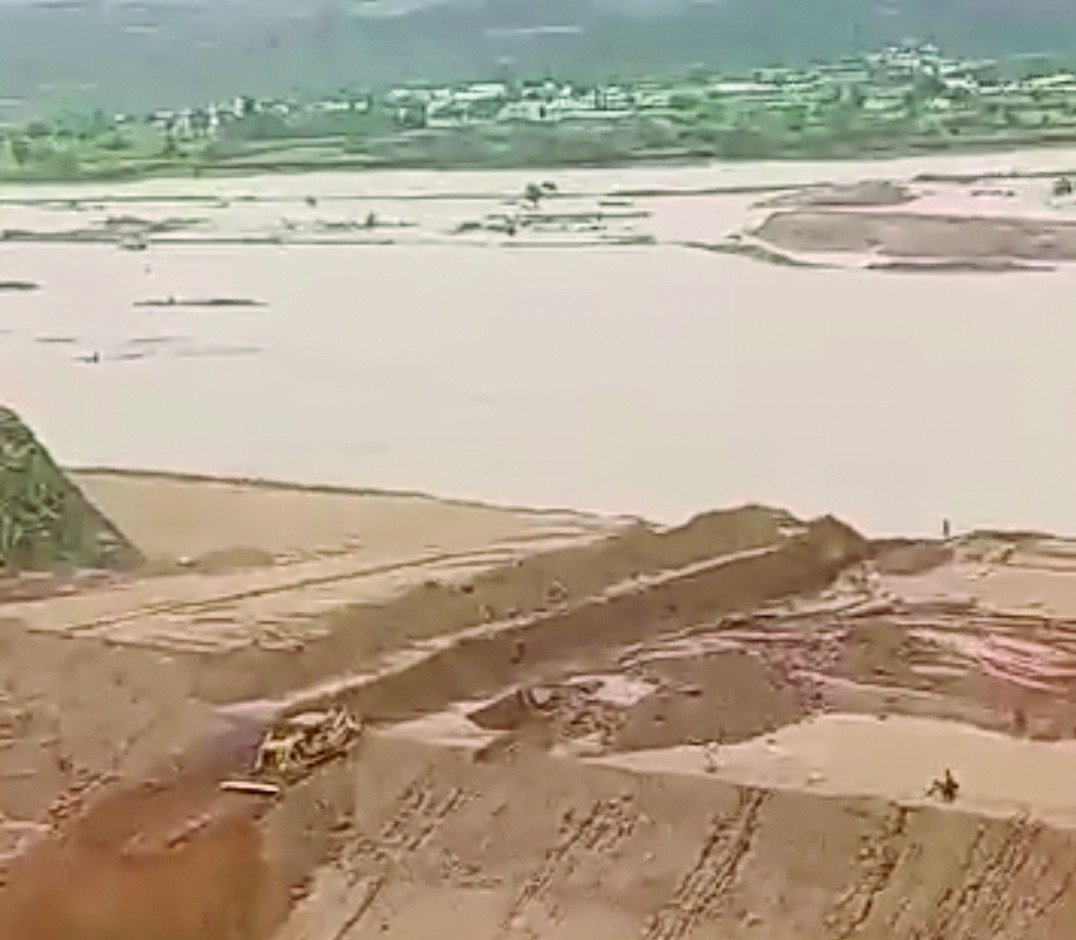Karachi Rain Warnings Amid Rawalpindi Floods
Heavy to very heavy rainfall is expected to trigger flash floods in several areas, including Murree, Galiyat, Mansehra, and Abbottabad, while flash flooding is also possible in hill torrents of D.G. Khan, northeast Punjab, Kashmir, and parts of Balochistan, emphasizing the need for urgent measures to mitigate the disaster.

Severe flooding in villages near the under-construction Dadhocha Dam in Rawalpindi has destroyed homes and belongings worth millions of rupees, prompting authorities to take emergency measures to mitigate the disaster.
The flooding, caused by torrential rains, submerged villages of Bharwala, Mohra Faizullah, and Khanpur, forcing residents to protest and block a major road. In response, authorities made a controlled breach to release water from the dam, reducing the immediate threat of a larger flood. Deputy Commissioner Hassan Waqar Cheema deployed Rescue 1122 teams to assist residents and prevent further damage.
The situation has drawn the attention of the court, which has issued a stay order and demanded a report from the district administration. The flooding has also highlighted the need for the completion of the Dadhocha Dam, a crucial project to address Rawalpindi's growing water crisis. Meanwhile, Pakistan's Meteorological Department has warned of heavy rains in the upper parts of the country, including Rawalpindi and Islamabad, on July 6 and 7, which may trigger flash floods in several areas.
As the region braces for more heavy rainfall, officials have warned of landslides and mudslides in vulnerable hilly areas, and urban flooding in low-lying areas of major cities. The Met Office has recorded a temperature of 48.5 degrees Celsius in Chilas, Gilgit-Baltistan, the highest since 1997, underscoring the severity of the weather conditions.